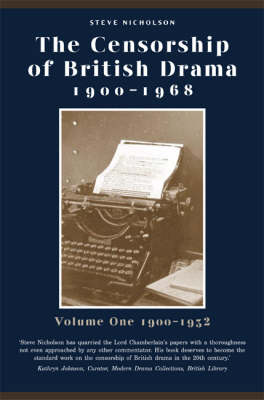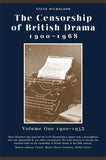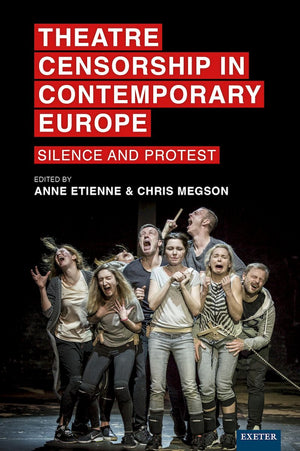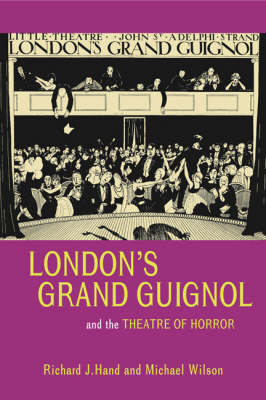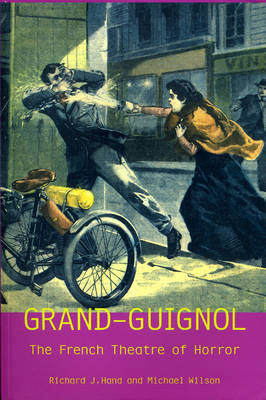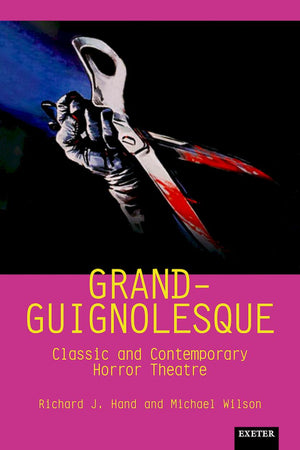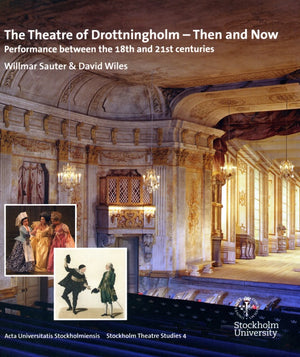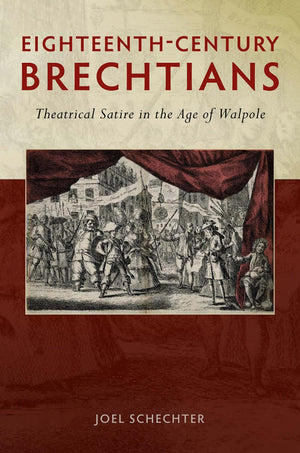University of Exeter Press
The Censorship of British Drama 1900-1968 Volume 1
1900-1932
Couldn't load pickup availability
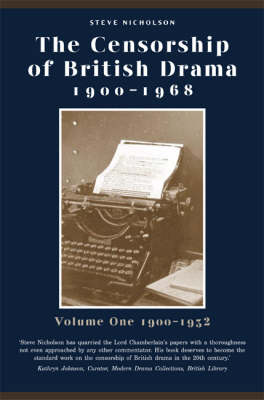
- 394 Pages
This is the first volume in a new paperback edition of Steve Nicholson's well-reviewed four-volume analysis of British theatre censorship from 1900-1968, based on previously undocumented material in the Lord Chamberlain's Correspondence archives. It charts the period before 1932, when theatre was seen as a crucial medium with the power to shape society, determining what people believed and how they behaved. It uncovers the differing views and the disputes which occurred among and between the Lord Chamberlain and his Readers and Advisers, and discusses the extensive pressures exerted on him by bodies such as the Public Morality Council, the Church, the monarch, government departments, foreign embassies, newspapers, powerful individuals and those claiming to represent national or international opinion. The book explores the portrayal of a broad range of topics in relation to censorship, including the First World War, race and inter-racial relationships, contemporary and historical international conflicts, horror, sexual freedom and morality, class, the monarchy, and religion.
This new edition includes a contextualising timeline for those readers who are unfamiliar with the period, and a new preface.
DOI: https://doi.org/10.47788/LXOK1281
New paperback, with contextualising timeline and biographies, published in association with the Society for Theatre Research
This first volume in Steve Nicholson’s important four-part analysis of British theatre censorship from 1900 to 1968 is based on previously undocumented material in the Lord Chamberlain's Correspondence Archives.
Nicholson is very readable. He tells a good story, both chronologically and in the many accounts of particular wrangles, campaigns, negotiations, subtleties, paradoxes and outrages. . . . He uses correspondence to give palpable life to human agencies within institutional structures.
Theatre Research International
. . should be welcomed as a long overdue account of the role and function of British theatre censorship during the twentieth century.
Modern Drama
Preface
Acknowledgements
Introduction: Because Lions Ain't Rabbits
Section One: 1900-1918
1. From Ibsenity to Obscenity: Principles and Practice 1900-1909
2. People Who Eat Peas With Their Knife: The Government Enquiry of 1909
3. Cats, Canaries and Guinea Pigs: Principles and Practice 1909-1913
4. A Clique of Erotic Women: The First World War (Part One)
5. The Hidden Hand: The First World War (Part Two)
Section Two: 1919-1932
6. The Dead Men: Principles and Practice
7. No Screams from Rabbit: Horror and Religion
8. Merchandisers in Muck: The Immoral Maze
9. Our Good Humoured Community: Domestic Politics
10. Foreign Bodies: International Politics
Conclusion: A Gentler Process of Prevention
Notes
Select Bibliography
Index







